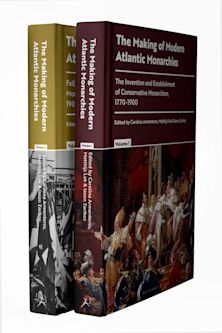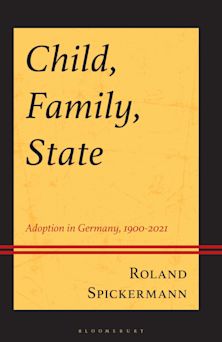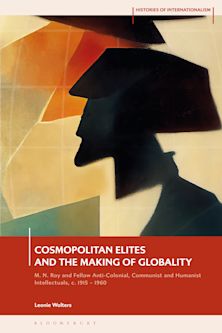- Home
- ACADEMIC
- History
- World History
- The Edict of Religion, A Comedy, and The Story and Diary of My Imprisonment
The Edict of Religion, A Comedy, and The Story and Diary of My Imprisonment
The Edict of Religion, A Comedy, and The Story and Diary of My Imprisonment
You must sign in to add this item to your wishlist. Please sign in or create an account
Description
Wider attention to Carl Friedrich Bahrdt should revise the standard picture of eighteenth-century Germany. German writers were often reported to be apolitical. Historians often claim that the Germans developed a more radical politics in response to the French Revolution. A commonly held stereotype depicts the Germans as having no sense of humor. Bahrdt's 1788 play The Edict of Religion, a ribald work of satire that attacks the tyranny and hypocrisy of the Prussian authorities, shatters these assumptions.
The Edict of Religion is chiefly important in the history of ideas because it called for religious freedom, intellectual freedom, and freedom of the press before the French Revolution focused attention on human rights. Upon its publication, however, Bahrdt confronted the quasi-military discipline of the Prussian state that he denounced. He was tried and imprisoned-but could not be silenced. In The Story and Diary of My Imprisonment, also in this volume (and, like The Edict of Religion, here in English for the first time), Bahrdt holds the authorities up to ridicule and defends himself as an innocent victim.
Table of Contents
Part 2 The Story and Diary of My Imprisonment
Chapter 3 Historical Introduction
Chapter 4 Diary of My Imprisonment
Product details
| Published | 19 Jan 2000 |
|---|---|
| Format | Ebook (Epub & Mobi) |
| Edition | 1st |
| Extent | 144 |
| ISBN | 9780739154519 |
| Imprint | Lexington Books |
| Publisher | Bloomsbury Publishing |
About the contributors
Reviews
-
This fascinating little volume will be welcomed by students of the Enlightenment, will be a mandatory purchase for any serious research library, and would be a fine addition to any course interested in exploring one of the more interesting corners of the eighteenth century.
The European Legacy – Toward New Paradigms
-
Bahrdt's significance will continue to lie in the controversies generated by his radical theological ideas. This edition of his assertion of freedom of thought and expression as human rights should, however, draw attention to the wider significance of Bahrdt's opposition to authority. In future there will be no excuse for reading lists in English that simply contain Kant's more famous essay as the sole example of German Enlightenment thinking.
History of Political Thought



































